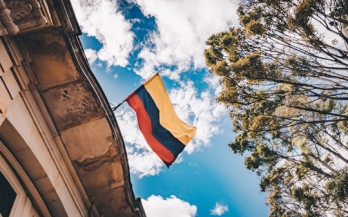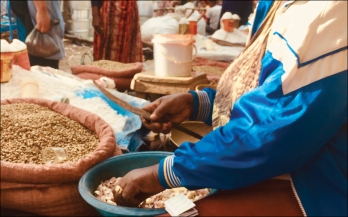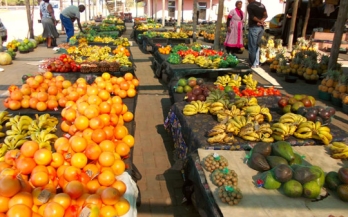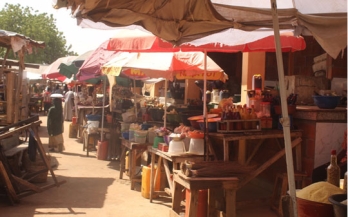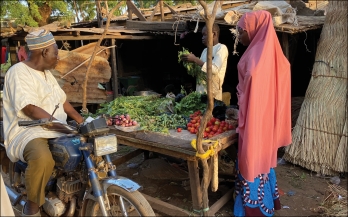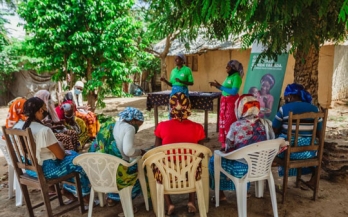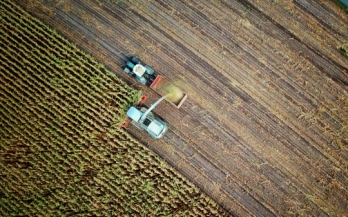As elaborated in a GAIN evidence brief, poor-quality diets and insufficient food quantity are linked to reduced work capacity. This suggests that the malnutrition burden can be partly addressed through a win-win-win approach which improves individual lives, business outcomes, and national economies.
As part of the Workforce Nutrition Alliance, urges Colombian regulators and policymakers to support employers by further developing and implementing public policies for improved workforce nutrition.
As elaborated in a GAIN evidence brief, poor-quality diets and insufficient food quantity are linked to reduced work capacity. This suggests that the malnutrition burden can be partly addressed through a win-win-win approach which improves individual lives, business outcomes, and national economies.
EatSafe conducted a focused ethnographic study to examine perceptions, knowledge, and experience related to food safety among consumers and traditional food market vendors Hawassa, Ethiopia.
In advance of the 2022 AGRF Summit, the Global Alliance for Improved Nutrition (GAIN) and AGRA produced a report to provide African leaders with cutting-edge data tools to do just this. This briefing paper summarises the main results of that effort.
Diet quality in India is characterized by overall inadequate dietary diversity, despite high rates of consumption of vegetables, animal-source foods (mostly dairy), and whole grains. Action is needed to reduce reliance on starchy staples, to increase consumption of fruits, nuts and seeds in particular, and to moderate intakes of sweet foods and drinks, and packaged salty snacks.
This GAIN working paper describes the process used by EatSafe in Nigeria to identify and design innovative interventions to improve the safety of nutritious foods in traditional food markets.
To understand knowledge, attitudes, and practices related to food safety behaviors, EatSafe surveyed 300 consumers and vendors in Hawassa, Ethiopia, as well as structured observations of vendor behaviors.
This working paper describes the application of the Behaviour Centred Design (BCD) framework to develop the 'Moments with Mothers' campaign, an intervention to improve IYCF practices supporting pregnant women, mothers, and other caregivers in Nacala Porto and Mossuril, Nampula province.
Climate change impacts and risks are becoming increasingly complex and more difficult to manage. Simultaneously, the world is facing the complex challenges of hunger and multiple forms of malnutrition.


